It seemed both inevitable and surprising at the same time when news of The Flash bombing at the box office began to circulate on the Iinternet earlier this week. Plagued by numerous development hiccups, departing directors, a lead star engaging in erratic and criminal behavior, and a relentless and increasingly desperate marketing campaign, the movie failed to ignite the imagination of the mass audience it needed to have in order to succeed.
It’s still up for debate as to why WB was so adamant about standing by this misbegotten project and why it was so eager to shelve Batgirl, a nearly completed movie that starred Leslie Grace as the titular heroine and, like The Flash, brought back Michael Keaton’s Batman. Directed by Adil El Arbi and Bilall Fallah, who had a commercial hit with Bad Boys For Life and a critical hit with the Ms. Marvel MCU series, Batgirl had all the ingredients needed for a breakout hit: a rising young star, a veteran returning to an iconic role, a supporting cast that included a recent Oscar winner, and a modest budget that allowed more room for a satisfying return on investment.
While there are some rumors the movie was unreleased due to its poor quality, enough secondhand accounts have emerged to suggest the movie was no worse than Shazam! or, yes, even The Flash. We’ll never know for sure, of course, but by just looking at several facts about Batgirl, and the cold, hard reality of The Flash‘s failure, it’s safe to claim that WB should have released Batgirl instead. Here’s why:
Batgirl would have been more appealing to a general audience

There’s a reason why Batman (and all the villains and sidekicks associated with him) has been popular for over 80 years. The character is beloved, and one of the reasons why is that he satisfies the widespread fantasy of dressing up at night and kicking some serious butt on people who deserve it. Batgirl, of course, is a part of this fantasy, but she does her thing without the mental turmoil and weight of tragedy that sometimes sinks poor, old Bruce. She appeals to females who want to be her and men who want to fight alongside her.
The Flash, on the other hand, has a far more limited appeal. I’ll confess that I’ve never been much of a fan. Jay Garrick, the Golden Age Flash, always seemed ridiculous to me, and Barry was the epitome of those corny Silver Age heroes who had zero personality. Wally was better, and Bart Allen (as Impulse) is probably my favorite version of the Scarlet Speedster, but still, the character just doesn’t resonate as much as others. The film’s tepid opening weekend box office, and male-heavy audience, just proves that The Flash isn’t as interesting as a Batman or a Batgirl.
Leslie Grace is far more charismatic (and unproblematic) than Ezra Miller
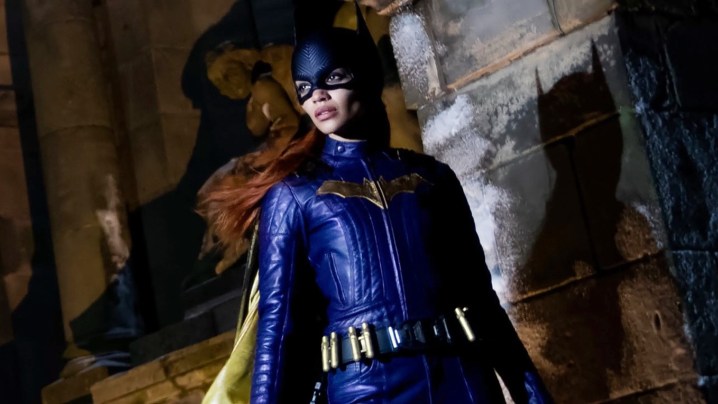
It doesn’t help that The Flash was saddled with an actor like Ezra Miller. Look, a whole article can be written about the many, many awful things the actor has done in his personal life, and while that’s definitely important and relevant, I want to focus on another, more unreported fact about Miller: he’s just not likable or charismatic enough to carry a big-budget tentpole picture. I’ve followed his career since 2008’s Afterschool, and while I concede that he has a talent for playing creepy teenagers with capital “I” Issues in such films as We Need to Talk About Kevin and the massively overrated The Perks of Being a Wallflower, he never stood out to me as anything special. His franchise work in the DCEU movies and in the misbegotten Fantastic Beasts franchise only confirmed my initial assessment of him: slightly bland and grating, and not worth a second look.
Leslie Grace doesn’t have a huge body of work; in fact, her only “big” movie is In the Heights. And you know what? That’s enough for me to be on the Leslie Grace fan appreciation train. As Nina, she displayed an impressive blend of strength and vulnerability that’s perfect for Barbara Gordon, and ideal for a lead in a superhero movie. Grace has a natural likability and presence that isn’t forced; it’s just there, and it’s wonderful to behold. Oh, and Grace hasn’t publicly strangled a woman, attacked people with chairs at popular tourist destinations, or kidnapped minors and disappeared for months. That has to count for something, right?
Batman would’ve been a better fit in Batgirl than in The Flash
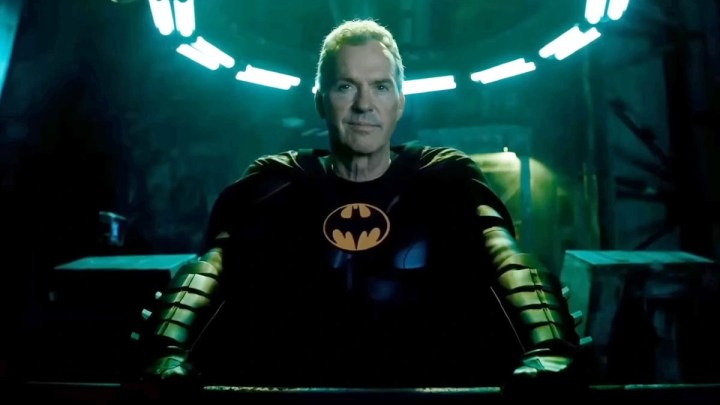
It was always odd to me that Batman was chosen as a major supporting player in The Flash. After all, the two characters don’t have a deep, long-established relationship in the comics besides being casual Justice League members. Barry’s always been more associated with Green Lantern or even Superman rather than the Dark Knight, so shoehorning Michael Keaton’s brooding hero into The Flash’s first movie just seems wrong.
Batgirl, of course, doesn’t have this problem, as the character, both in mass media and in comic books, has a long association with Batman. From her debut in the 1960s Adam West TV show to her 50-plus years of adventures fighting alongside Bruce and the rest of the Bat Family, Batgirl is more at home with Batman than The Flash is. The movie reportedly has Keaton’s Batman serve as Batgirl’s mentor, which makes sense, and since they both live and fight crime in the same location (Gotham City), you don’t have to create a confusing multiverse to explain why they are working together.
Less risk, more reward
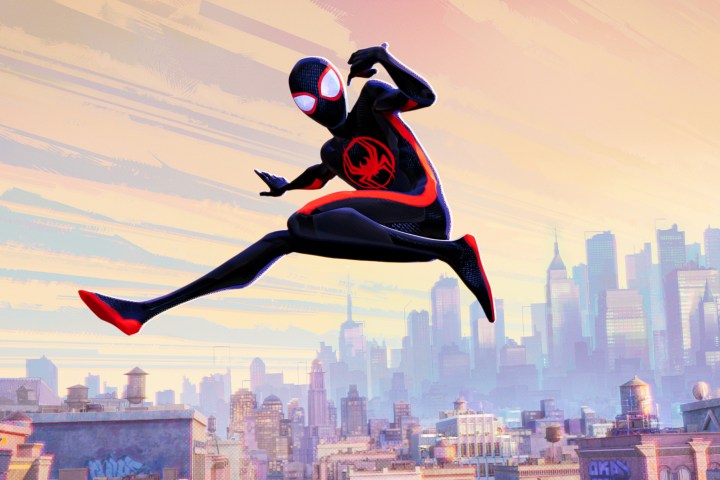
With a reported $90 million production budget, Batgirl is comparatively thrifty when stacked against its more expensive superhero brethren. These days, $200 million is the baseline budget for comic book movies, which results in more pressure — and more desperation — for each of them to succeed. This leads to boneheaded decisions like The Flash incorporating last-minute CGI cameos of dead actors to build up its spectacle. There’s more of a need for a return on investment, and thus more pressure for the movie to appeal to everyone in order for it to succeed.
Batgirl‘s smaller budget allows it to be its own beast and not to cater to a four-quadrant audience. Its plot involving the Gotham City mafia, and the highlighting of lesser-known villains like Firefly and Killer Moth, isn’t for everyone — and THAT’s OK. It can be its own thing, and when movies are allowed to do that, like Spider-Man: Into the Spider-Verse, they find their own audience and can become monster hits with future iterations.
It would’ve cemented Brendan Fraser’s comeback
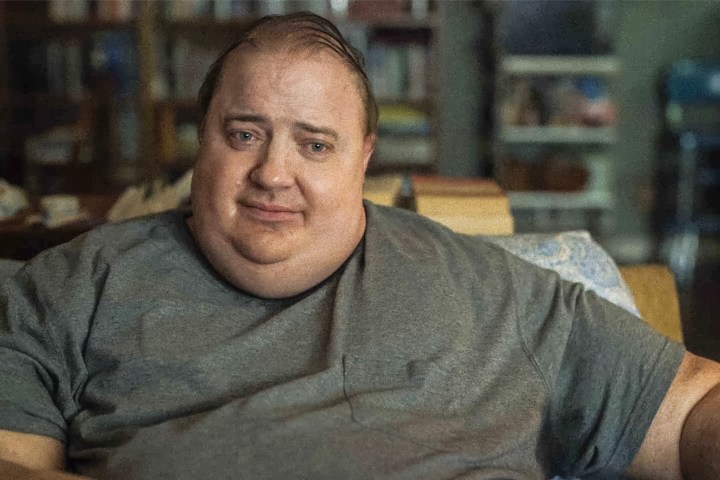
I know March seems like forever ago, so let me remind you that Brendan Fraser won the Best Actor Oscar for The Whale. Why does this matter? Because his first post-Oscar role would’ve been in Batgirl. As the villain Firefly, Fraser would’ve had a mainstream role that showcased his recently discovered talents as an actor.
With The Flash, we got Michael Shannon as Zod. I love Shannon as an actor, but even he admitted to not really liking his return in a convoluted multiverse story that left him, and the audience, underwhelmed. If Fraser’s performance in The Whale is any indication, he would’ve made Firefly a far more interesting villain to watch and cemented the heartwarming comeback story that began last year when his turn in The Whale debuted at The Toronto Film Festival to ecstatic reviews.
No DCEU or multiverse deadweight
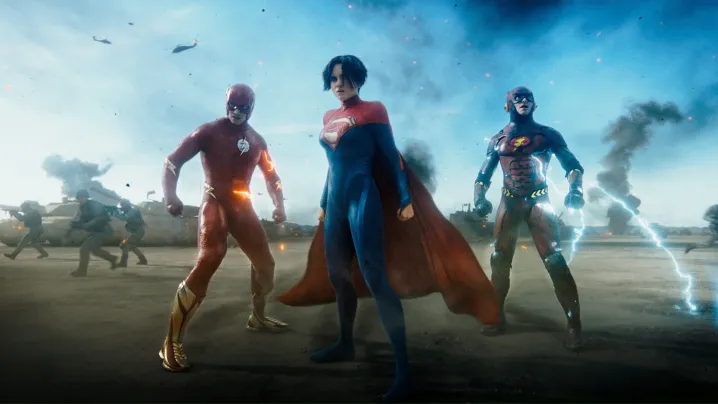
It’s not a surprise to claim that the DCEU is a deadweight; it’s just shocking that it took Warner Bros. so long to realize that fact. The Flash‘s dismal box-office performance put the final nail in its coffin, but did so by losing a reported $150 million to $300 million. Very few people want to see Ben Affleck’s Batman and Gal Gadot’s Wonder Woman outside of a Snyderverse context, and fewer still wanted to see different versions of characters from past movies, and even one version of Superman from a movie that was never made, utilized in a cheap bid for nostalgia.
Batgirl has no ties to the DCEU and isn’t involved in multiverse shenanigans. Instead, she’s involved in a plot that is exactly what the character should be involved in: solving crime in Gotham City and defending it from the freakish villains who seek to control or destroy it. Unlike The Flash, which jettisoned his popular rogues’ gallery (no Captain Cold or Zoom) and pretty much everything associated with his character to tell a labored DCEU story, Batgirl honors the aspects of the character –the scrappy underdog — that made her so popular to begin with.



